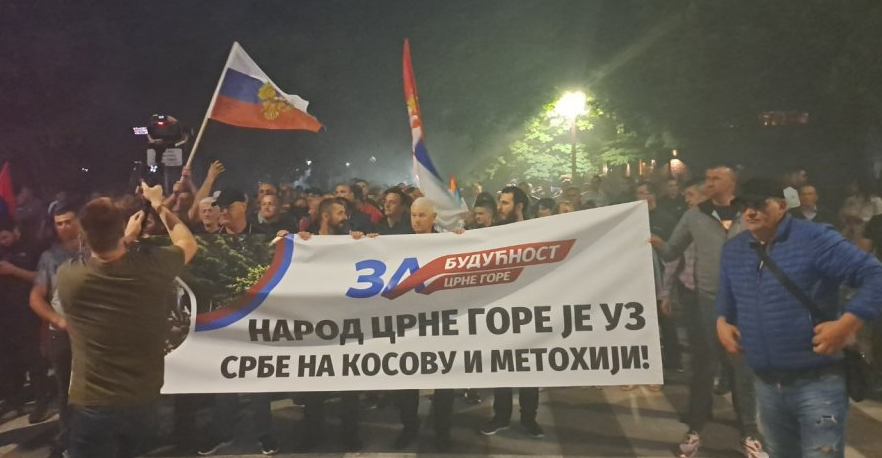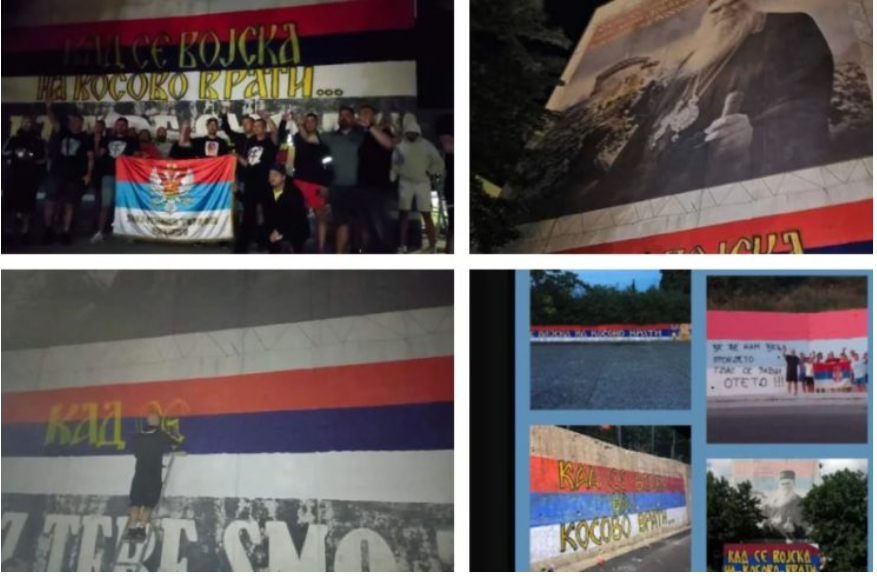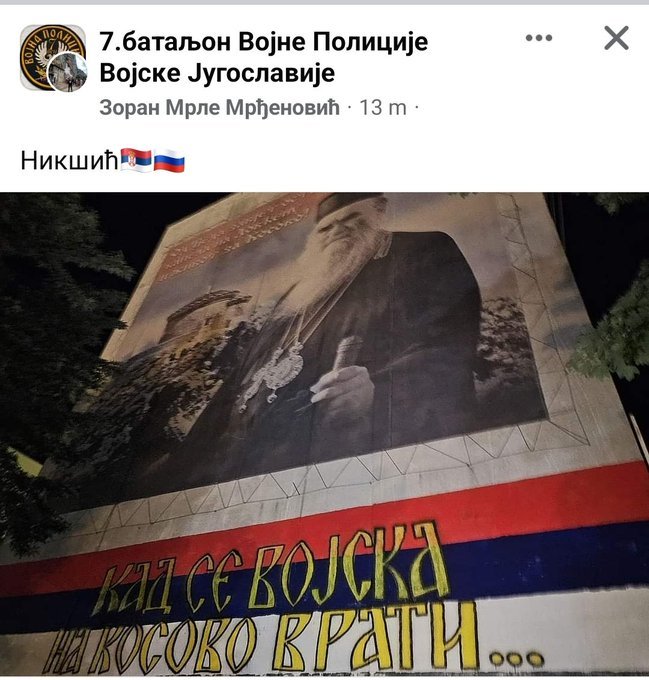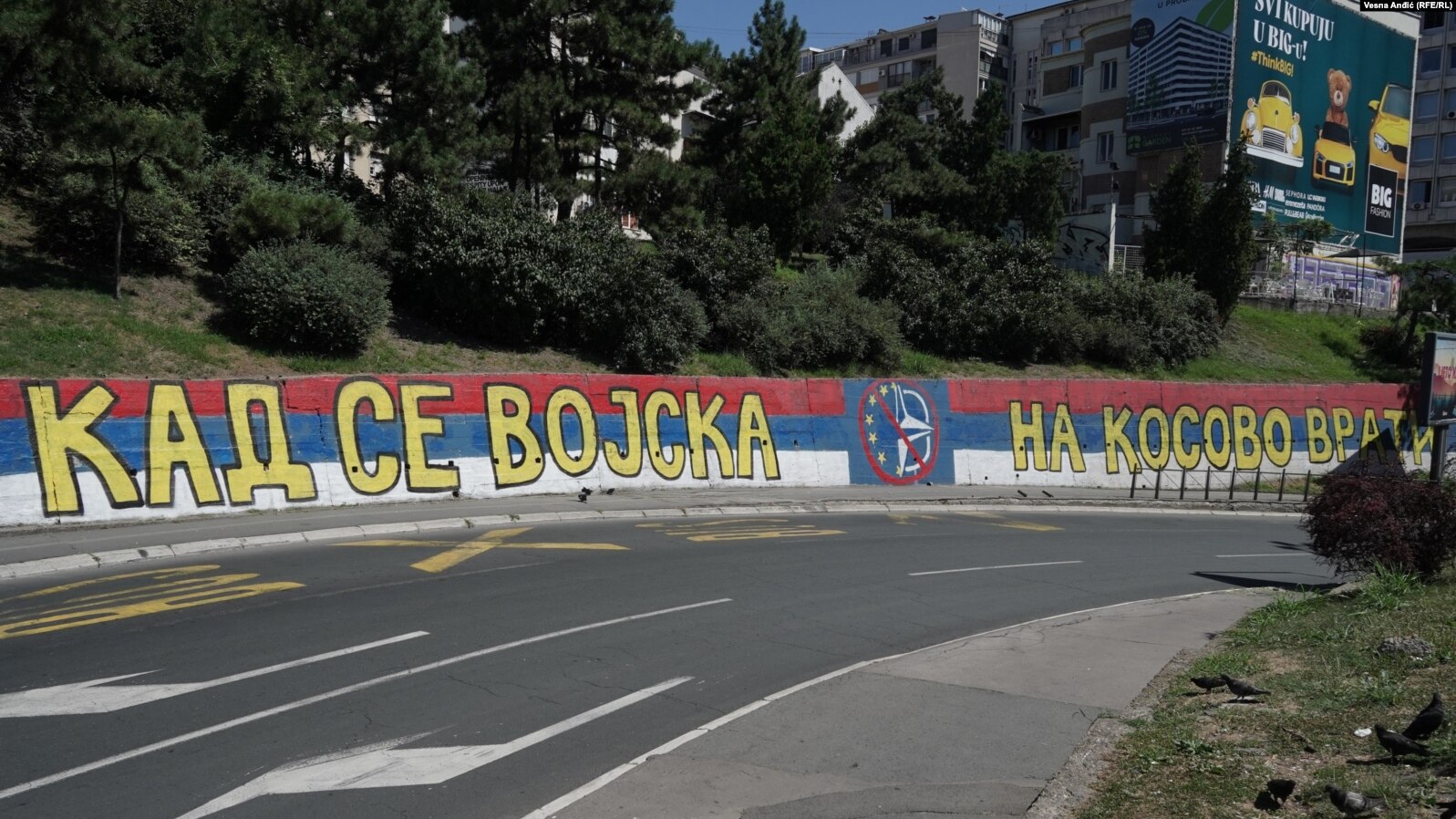One of the elements of hybrid operations first developed by the Russian mathematician and psychologist Vladimir Lefebvre is called reflexive control. This segment of action involves operations aimed at paralyzing or conditioning the decision-making process, thereby influencing opponents to make decisions that align with the interests of states, governments, as well as campaign implementers in a given moment or process. The concept of reflexive control is based on two postulates that define the action of the disinformation apparatus in the information space, constituting separate elements of hybrid activities. The first postulate is that it affects the perception of a specific event, meaning that through confrontation in the information space, it convinces one group that the other is an enemy. The second postulate of the theory of reflexive control implies that through disinformation efforts in the public sphere, a “us versus them” image is created, with the aim of dividing the group in such a way that they cannot find a common interest in matters of public importance.
Although reflexive control is associated with military endeavors within operations on the frontlines, line of contact, or war-affected urban areas, it represents one of the possible directions of hybrid operations, and a way to create a crisis situation with a desired outcome in peacetime conditions. The strategy of reflexive control can be divided into four basic components, also referred to as the 4D approach: dismiss, distort, distract, and dismay.
Dismiss involves rejecting obvious facts.
Distort entails twisting or distorting facts.
Distract refers to diverting attention from the main event.
Dismay involves playing on emotions, using warmongering tactics.
Dismiss – Distort
Elements of the 4D tactics of reflexive control can be observed in the context of events between Serbia and Kosovo, where it is evident how long-standing narratives serve to internationalize an issue and condition decision-makers on an important matter, the reflections of which can also be traced in Montenegro.
Following tensions in Kosovo at the end of May 2023, just before the June parliamentary elections in Montenegro, a series of events with elements of third-party hybrid action occurred, involving the rekindling of the Kosovo issue and its connection to internal political circumstances in Montenegro. Pro-Serbian and pro-Russian local political actors used this issue to consolidate political forces before the elections. Support rallies featuring Russian and Serbian national flags, as well as declarations of non-recognition of Kosovo, demonstrated the asymmetric actions of Serbian proxies in Montenegro. Simultaneously, this served as a form of warning to international political circles about how this issue could impact regional security.
A day after the conflict in Zvečan on May 29, 2023, the Miholjski zbor, considered a militant organization closely associated with the Serbian Orthodox Church, issued a statement. One of its founders is Mijajlo Backović, a former member of the Yugoslav Army’s 63rd Parachute Brigade, and Secretary Metodije Ostojić, the bishop of Budimlja-Nikšić in the SPC. The statement indicated that the Serbian people are not alone and attributed the ongoing events in northern Kosovo to the international community, namely KFOR, EULEX, and the Quint, with the assertion that these events could jeopardize regional security.
A series of support rallies followed, essentially serving as anti-Western protests. The first was held on May 31, 2023, in Podgorica, in front of the Cathedral of the Resurrection of Christ. Russian and Serbian flags were visible, along with Chetnik movement iconography. Figures from Montenegro’s political scene recognized as Russian and Serbian proxies were present, including Marko Milačić and Vladislav Dajković, as well as Dejan Vukšić, the former director of the National Security Agency and current security advisor to President Jakov Milatović.
The For the Future of Montenegro coalition, consisting of constituents from the former pro-Russian Democratic Front (DF), organized a gathering to support Serbs from Kosovo and Metohija in Nikšić on June 1, 2023, with the blessing of Bishop Metodije of Budimlja-Nikšić. A church liturgy followed the gathering. The main messages from the event, which had nearly identical iconography to the one in Podgorica, included promises of withdrawing the decision of the Montenegrin Government to recognize Kosovo if this coalition emerged victorious in the parliamentary elections.”

One of the fundamental methods of hybrid warfare is multi-channel action. Thus, it’s evident that distraction or diverting attention from the core issue of Kosovo spills over into the field of regional security. In addition to support protests, elements of hybrid action can also be seen in announcements about the withdrawal of the decision to recognize Kosovo in municipalities where the For the Future of Montenegro coalition holds a majority. The first such announcement occurred after the Montenegrin Government supported Kosovo’s entry into the Council of Europe. Leaders from the municipality of Zeta, part of the ZBCG coalition (which holds an absolute majority in the local parliament), announced a session where a resolution to withdraw the decision on Kosovo recognition would be considered, coinciding with the June parliamentary elections in Montenegro.
Non-governmental organizations (NGOs), focused on education and culture and with Serbian affiliations, such as the Serbian National Council of Montenegro and the Council of National Assemblies of Montenegro, were also involved. On June 25, they issued the Vidovdan Declaration, demanding the annulment of Montenegro’s government decision to recognize Kosovo. In early July, two initiatives were submitted to the local parliaments of Berane and Andrijevica, each with signatures from 400 citizens. These initiatives requested the adoption of similar resolutions to annul the Montenegrin government’s decision on Kosovo recognition. The Association for the Defense of the Serbian People of Vasojević and the Lim Valley initiated the effort in the municipality of Andrijevica. While the mentioned declarations lack legal effect, they serve as tools in the arsenal of hybrid action, contributing to the implementation of information campaigns or operations.

The final goal of the information campaign regarding the Kosovo issue was the internationalization of the problem. In July 2023, President of Serbia Aleksandar Vučić stated that he would request an urgent session of the United Nations Security Council, where he would insist on respecting Resolution 1244, which pertains to the demilitarization of all armed Albanian formations. He received support for convening the session from the Ambassador of the Russian Federation to Serbia, Aleksander Bocan Harčenko. The ambassador endorsed the narrative of the endangerment of Serbs, emphasizing that the UN Security Council session should aim for de-escalation and ending the persecution of Serbs.
Distract – Dismay
The continuation of coordinated activities, or what some analysts have termed as setting the informational conditions for escalation, continued at the end of July and the beginning of August. First, the fans of FC Red Star Belgrade displayed a banner stating When the army returns to Kosovo during a football match between Red Star and Fiorentina. Following this, graffiti with the same message appeared across Serbia, the Republic of Srpska, and Montenegro. The war-mongering message emerged in Nikšić, Podgorica, and Kolašin, previously in Belgrade, Niš, and Banja Luka.
Yugoslav Army shared an image of the graffiti from Nikšić. The group consists of former members and sympathizers of the 7th Battalion, which was formed in 1999 as a special-purpose unit within the 2nd Army Corps. Back then, it served the authorities in Belgrade, specifically the Milošević regime, for hybrid activities in Montenegro, aiming to provoke incidents, provocations, and conflicts.

During the enthronement of Metropolitan Joanikije Mićović of the Serbian Orthodox Church (SPC) in Cetinje on September 5, 2021, the Montenegrin public had the chance to hear the song When the army returns to Kosovo within the Cetinje Monastery. On that occasion, the SPC clergy, along with gathered supporters and members of radical extremist groups, sang the song.
Two recent statements by Serbian officials are proof of the coordinated activity of meddling in the internal affairs of Montenegro and disrespect for its sovereignty. After Serbian President Aleksandar Vučić’s statement on August 18 that Kurti would not give up on Greater Albania, the President of the Committee for Kosovo and Metohija of the Serbian Assembly, Milovan Drecun, declared that North Macedonia and Montenegro are being defended in Kosovo and Metohija.
This campaign was finalized in August, in Russia. The graffiti When the army returns to Kosovo were written in cities such as St. Petersburg, Yekaterinburg, Saratov, Tyumen, and Oryol.
Reflexive control, as a technique of hybrid warfare, aims to paralyze the decision-making process or lead to the extremization of societies, creating distant social poles or situations where reaching any agreement or consensus becomes impossible. In such circumstances, an environment is created in which factors that aren’t polarized or those seeking a solution to the crisis may abandon their positions due to the prolonged atmosphere. The signing of the agreement between Serbia and Kosovo in Ohrid, normalizing relations between the two states (an event perceived as positive in international and domestic public opinion, seen as a breakthrough in the frozen process), today results in the spreading of warmongering graffiti throughout the Serbian world. The application of reflexive control is also recognized in the events of 2015 when the pro-Russian Democratic Front initiated an anti-NATO campaign, ostensibly motivated by socio-economic conditions, organizing anti-government protests that essentially consolidated anti-NATO forces within the country. During one of these protests against the government in 2015, a tense atmosphere was deliberately created when Andrija Mandić, the president of the New Serbian Democracy and one of the leaders of the Democratic Front, stated that then-Prime Minister of Montenegro, Milo Đukanović, had fled the country. National and regional media uncritically spread the fake news without considering potential consequences.

Montenegro, within the context of regional security, offers fertile ground for hybrid actions for several reasons. Firstly, in the case of a crisis between Kosovo and Serbia, the effectiveness of reflexive control in Montenegro is influenced by its underdeveloped institutions and chronic socio-political divisions. Simultaneously, Montenegro’s NATO membership allows hybrid actors to demonstrate through reflexive control that they can destabilize even a member of the Alliance. In this manner, Serbia illustrates its capability to asymmetrically influence the region, applying hybrid activities towards its neighbors if the dynamics of resolving the Kosovo issue do not align with the desires of the government in Belgrade. Additionally, by employing the reflexive control tactic and instrumentalizing the Church, an atmosphere is created for the consolidation of far-right organizations, often operating within hooligan groups or church brotherhoods.
Changes in leadership within the security sector over the past two years, coupled with institutional passivity and decision-makers’ inaction, do not indicate that Montenegro’s government is systematically addressing the issue of foreign influence. On the contrary, foreign malign influence has often been downplayed from the highest levels of the state in the past period. Therefore, there is a justified concern that the state might not be doing enough to build institutions capable of tackling the challenges posed by foreign interference in Montenegro’s internal affairs, disinformation campaigns, and the undermining of democratic processes. Considering the heterogeneity regarding key issues on the Montenegrin political scene, as well as the attitudes of young people who, according to research by the CGO, have the least trust in key state institutions, the government should prioritize the establishment of resilient societies and institutions immune to malign influences and third-party hybrid activities, alongside a clear pro-European agenda.

